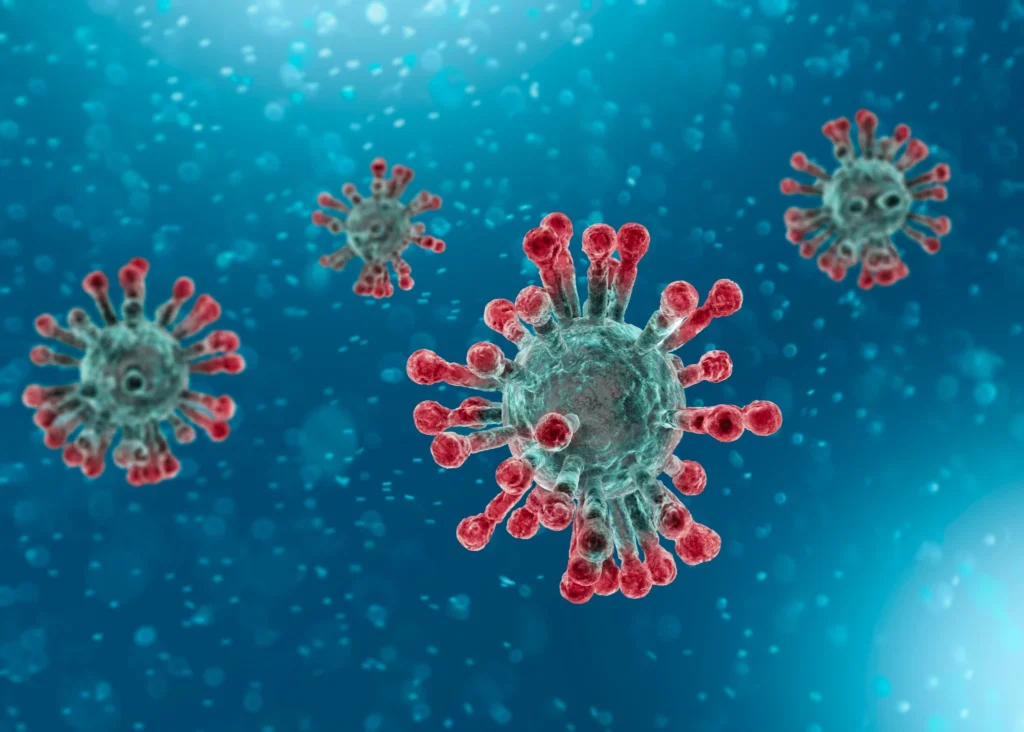How are we here again and what to do about it?
I opened up an email from my daughter’s school this afternoon entitled COVID-19 exposure. It turns out that someone in my daughter’s class tested positive for COVID-19 and the school was letting me know the procedures going forward.
I could not believe it was only four days into the school year and I was already receiving an email about a positive case in my daughter’s class of only 20 students.Suddenly panic, fear, and anger raced into my mom heart all at the same time.
I also started to wonder, “How was I having to deal with this again?” Last year, before school started, I thought long and hard about whether school was the safest place for my daughter, and seriously considered homeschooling her.
Though things started off rough they were getting better and hope was alive and well. Vaccines were rolling out, COVID-19 cases were declining, and the smell of hope and returning to normalcy was in the air. Now, only two and half months later, every decision once again feels so heavy, but this time only worse because for some reason I feel more alone this time. The best way to fight this global pandemic has become polarized among family and friends.
According to Vaile Wright, Ph.D., senior director of health care innovation at the American Psychological Association this emergence of the Delta Variant is causing a psychological “whiplash” because the hope that everyone felt with the vaccine is now being turned upside down because of the delta variant. “Having that little bit of hope dashed can wear down even the sturdiest spirits,” says Marissa King, PhD, author of Social Chemistry: Decoding the Elements of Human Connection. This loss of hope is causing distress, not just for me, but for many others. And like me, many others have lost their support because people are no longer on the same page about what precautions to take.
What can we do during this time of uncertainty and anxiety?
First we can feel it and acknowledge how hard things are right now. We can give a name to the emotions we are feeling: anger, frustration, grieving the normalcy that we so crave. Feeling out emotions helps us to be present and move through them instead of being stuck in them and wanting to numb out. Next, we can utilize empathy for people around us who do things differently than we do.
We may feel fed up by other people’s decisions about how to best deal, but instead of getting angry during this uncertainty, we can get curious. I wonder why so and so believes what they do? I wonder how this fits into their way of coping? I wonder how they are feeling? When we use empathy instead of anger it can be a tool for connection versus disconnection. Next, we can schedule times during the day to meditate, breathe, pray, do yoga, or use some other way to unwind and relax from all the things going on. We can unplug and back away from our screens for at least an hour a day. Finally, we can seek a therapist to support us during these tough times. With what can seem like no end in sight, let’s be kind to ourselves, feel our feelings, take time to refill our cup, and seek support when needed.
Sources
https://www.webmd.com/lung/news/20210819/delta-whiplash-how-new-surge-affecting-mental-health


